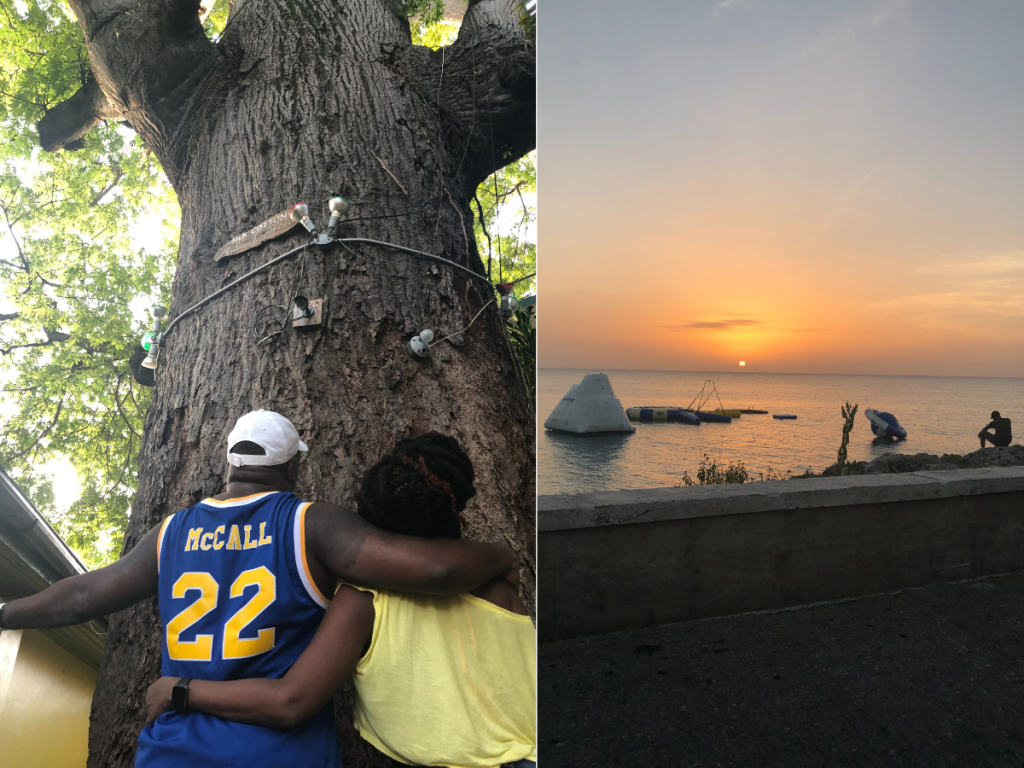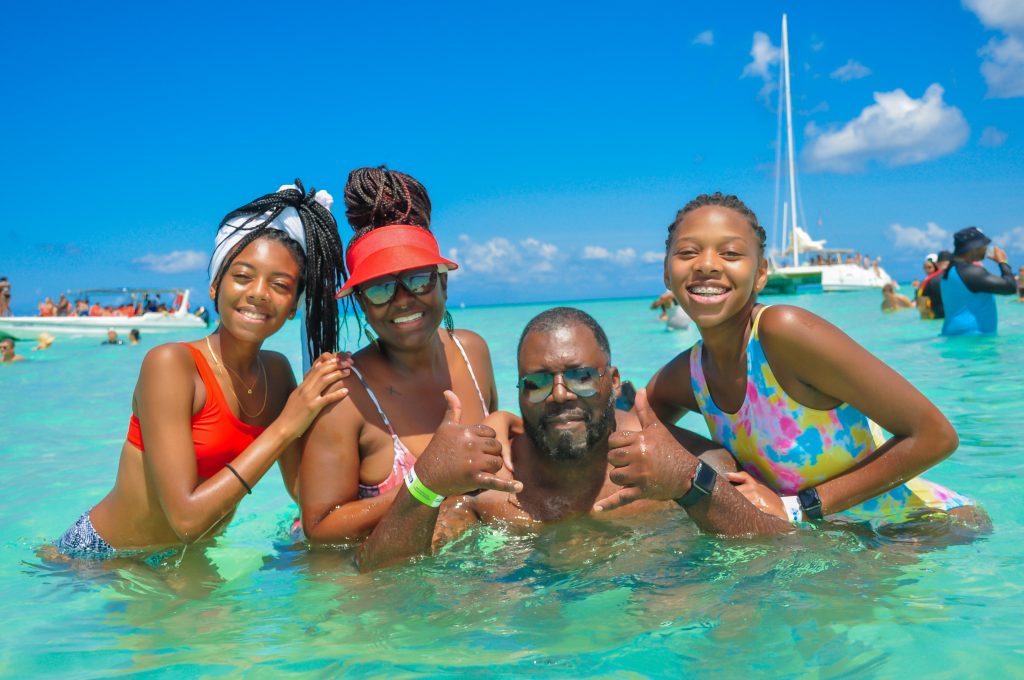As I reflected on what I wanted to say for my perspective for this Black History Month blog series, I’m always struck by the fact that many times Black History is relegated to our American history. That history for many of us starts at slavery and our ancestors being brought here against their will. In tracing my own history, my story can only back to a gentleman named Tom Pittman who “owned” my great-great grandparents. This led me to some sobering truths. First, that I’m literally only 2 generations removed from slavery. Secondly, that I am essentially cut off from my true history as an African living in America. As much as I would love to know the story of how my ancestors lived before being brought to the United States, or even the chain of specific events that landed them here, I know this information is now lost forever.

Another sobering truth is that we rarely consider African history during Black History month. We rarely teach nor make sure our children are taught about Mansa Mousa, the Moors, or Hannibal. We rarely teach nor are our children taught that there weren’t slaves that were brought to this country, but doctors, chemists, philosophers, musicians, and mathematicians, etc. There is no way that “slaves” brought here to work, individuals who supposedly had no sophisticated language, could be responsible for the inventions and contributions to our society that we recall each year if this were truly the case. In fact, as we are now bombarded daily with new information about COVID and vaccines, it is impossible to tell the story of vaccines in the country without bringing African science into this narrative. In fact, as Herbert (2009) writes, “Inoculation for smallpox, the forerunner of vaccination, has had a long and variegated history. The earliest known descriptions of the practice in sub-Saharan Africa were given by African slaves in colonial America in the early and mid-eighteenth century”, meaning that the vaccination process that we know take for granted originated from Africans. These were the Africans who were brought here as slaves, remembering the customs of their homeland that served to cure their entire village from illnesses like smallpox. This was initially met with skepticism, but a gentleman named Cotton Mather introduced a process shown to him by one of the Africans that he “owned” who essentially inoculated his entire plantation, including Mr. Mather’s family, essentially giving them immunity from smallpox. Unless you’ve done research specifically on smallpox, how would one know about this groundbreaking contribution to creation the healthy country that we now enjoy?
Our history is truly world history and shouldn’t be relegated to simply Garrett Morgan and George Washington Carver, although equally as important.
I’ve recently began to research my African history through DNA testing in hopes of uncovering some hidden history, a history that my grandfather passed away without ever knowing. I want to pass this information to my own children who will hopefully take it even further as technology advances. It saddens me that many of my elders never had a chance to even consider this new information during their lifetime, but I feel like I owe it to the generations that follow to provide them with as much information as humanly possible. Hopefully this journey of personal discovery can lead me to my ancestral country of origin. The same origin that many non-Africans in the US have had available to them since their birth. It has been said that African Americans in this country are essentially a lost people. Every other nationality in the country can trace their ancestry through the generations back to their ancestral country of origin without interference or missing information other than information missing due to family secrets for example. African Americans are essentially cut off from this ancestry voyage which leaves a void that can never be filled. That sense of belonging, connection, and pride for their ancestral home is lost for many African Americans due to no fault of our own. This loss manifests itself in a variety of ways our society, from the cycles of drug abuse and poverty that plague many cities in America to the many broken homes that exist in many of these same cities. Many scholars attribute this to the historical tradition of breaking up family through the sale of family members based on the needs of slave owners which routinely sold children and spouses, never to be heard from again. This served to eradicate the family structure as family were simply not allowed to exist as intact family unit.

My hope is that African Americans, just like many of our friends and neighbors are all privileged enough to have this discovery and begin to think more as global citizens and realize that our history begins far before being brought to this country. My hope is that we travel extensively to other countries to see other faces that look like ours in other countries and recognize that kinship and sense of belonging that I have felt in my travels. It is only then that we will begin to see collectively as a people that our history far more than what is being discussed every February and far more extensive than we can ever conceptualize. Our true history is not simply Black history, but the history of this world. This history can never be fully told without making known the immense contributions from people that look just like me. It is not until our brothers and sisters who have not been affected by these same atrocities are as upset by these atrocities as those who suffered from them, will things ultimately begin to change for the better. The question that I have is will this legacy end with us as we owe it those that have come before us to pay it forward? Sadly, whenever there are good faith attempts to address these wrongs, it is often met with silence or even aggression. Is America truly willing to do her part to begin to right this wrong or will she continue to look the other way in the essence of comfort?
“In the end, we will remember not the words of our enemies, but the silence of our friends.”
~Martin Luther King, Jr.

______________________________
Want to read more in our 2022 Black History Month Blog series? Check out all the posts below!
Why Black History Month? by Dr. Charles Lee-Johnson
Why I can’t wait to get my Ida B. Wells Barbie by Dr. Krystal Hays
Remembering to Forget, to Begin Again by Dr. Viola Lindsey
______________________________
Check out the Student Contributions to this series here:
Paving the Way to Worship: Black Christian Leaders You Should Know by Hozell Francis II
Rev. George Liele: Church Planter, Missionary, and Servant of God by Hozell Francis II
Andrew Bryan: Pastor Church Planter, and Servant of God by Armon Patrick
Dr. E. W. McCall: Innovator, Educator, Trendsetter by Hozell Francis II
Lisa Fields: Apologist and Servant of God by Armon Patrick